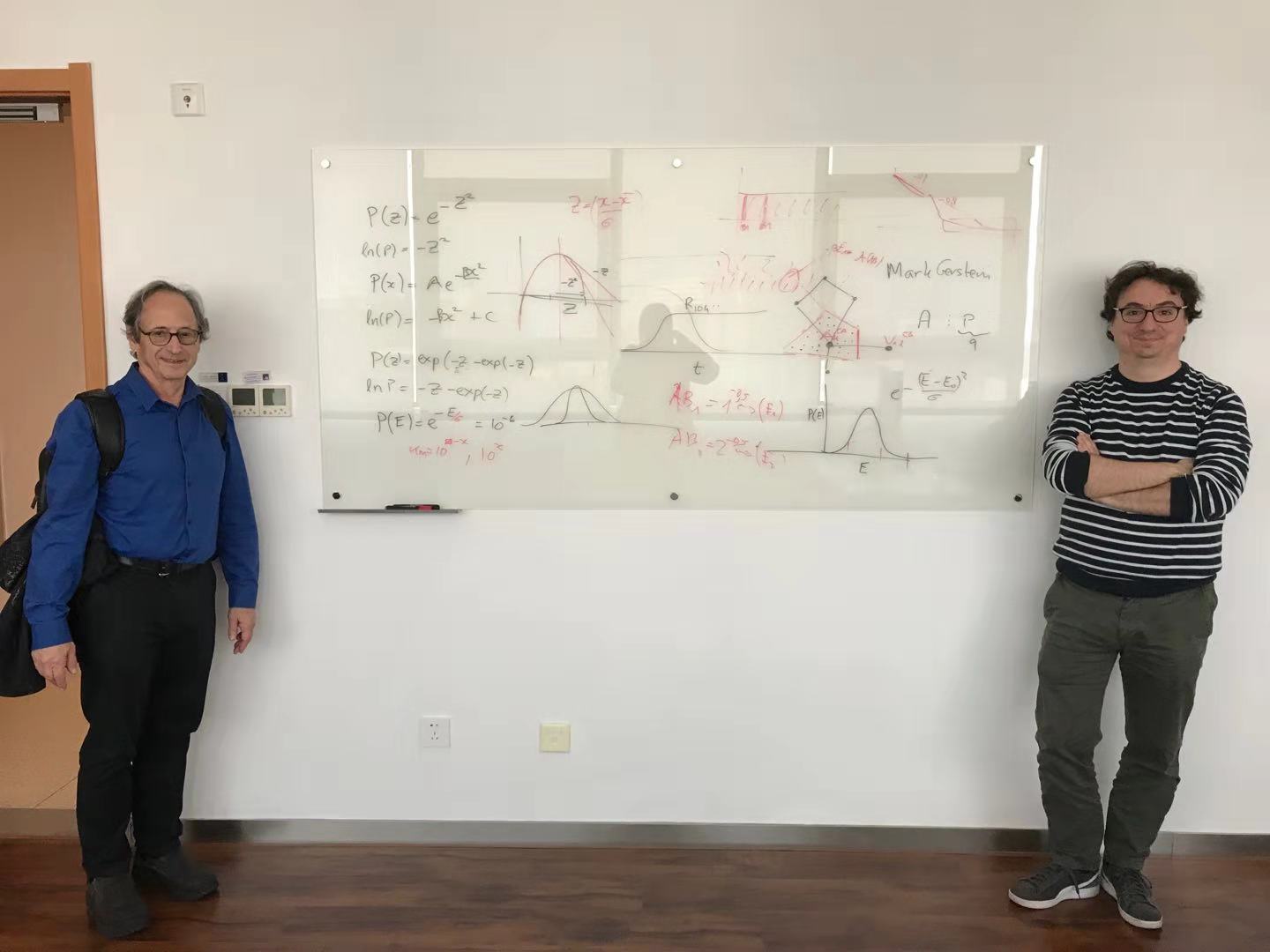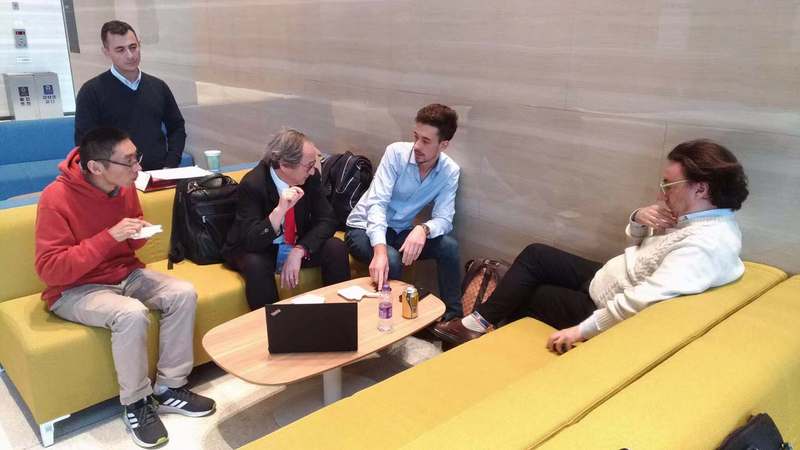
The Laboratory of Computational Biology aims to understand and predict structure and function of biological systems using a wide combination of theoretical and computational tools. Starting from a description of the system at the atomic level, it is possible to predict its behavior and obtain thermodynamics averages using Molecular Dynamics simulations. This approach is strongly interdisciplinary and sits at the interface of several disciplines, like Mathematics, Informatics, Physics, Chemistry, Biology etc.
The Laboratory of Computational Biology research focuses are the following:
1) Establish a computational platform to study antibodies and antibody libraries. The availability of synthetic antibody libraries, opened the possibility of engineering human antibodies and used them to target specific molecules to treat diseases. By using molecular models, we want to understand the interaction of antibodies and their target, predict antibody maturation and antibody binding properties, determine the binding epitope or design de novo sequences for new candidate therapeutic antibodies.
2) Multiscale models of biological systems. Biological systems are multiscale in nature. The properties of single atoms can affect the behavior of molecules and the consequences can propagate to cells, tissues, organs and the whole organism. Current state of the art simulations techniques cannot reproduce in an efficient way multi resolution simulations. We want to develop new simulation methods to bridge the gap across different resolution.
The SIAIS´s group of Computational Biology promotes an initiative to freely share simulation data on all SARS-CoV2 protein structures released on the Protein Data Bank. This initiative is aimed at providing new insights on large-scale motions of SARS-CoV2 proteins, helping groups working in drug development, diagnostic tools or basic research. For any questions, please contact our visiting faculty, Dr. Sergio Pantano, (spantano@pasteur.edu.uy, WeChat: Sergio_Pantano).

